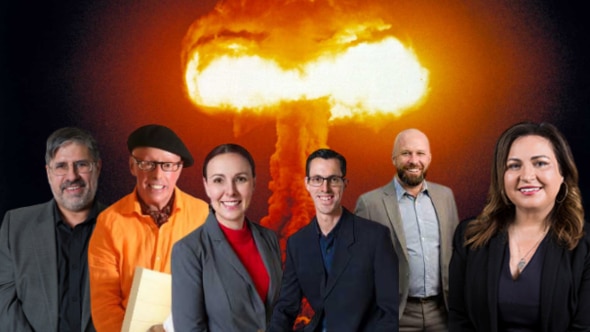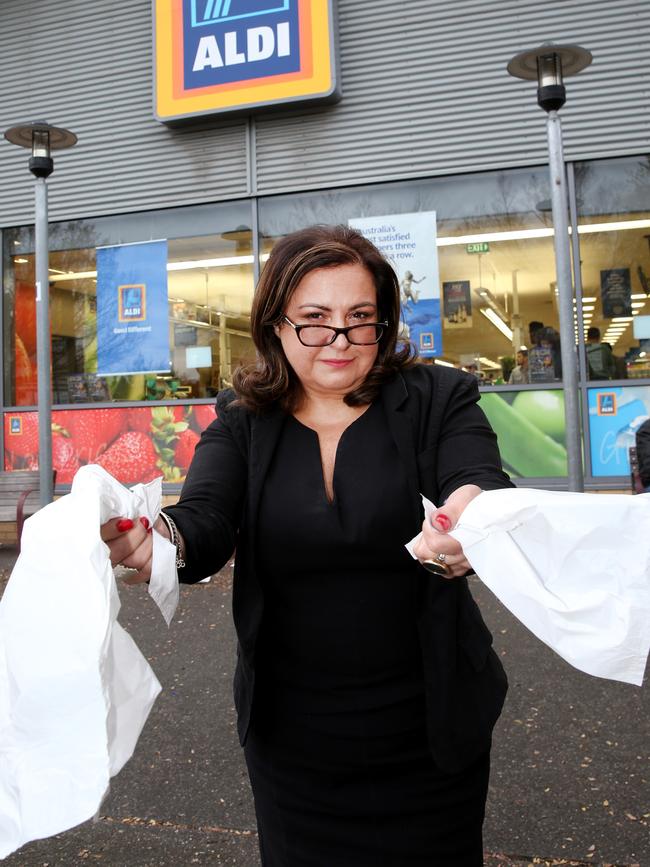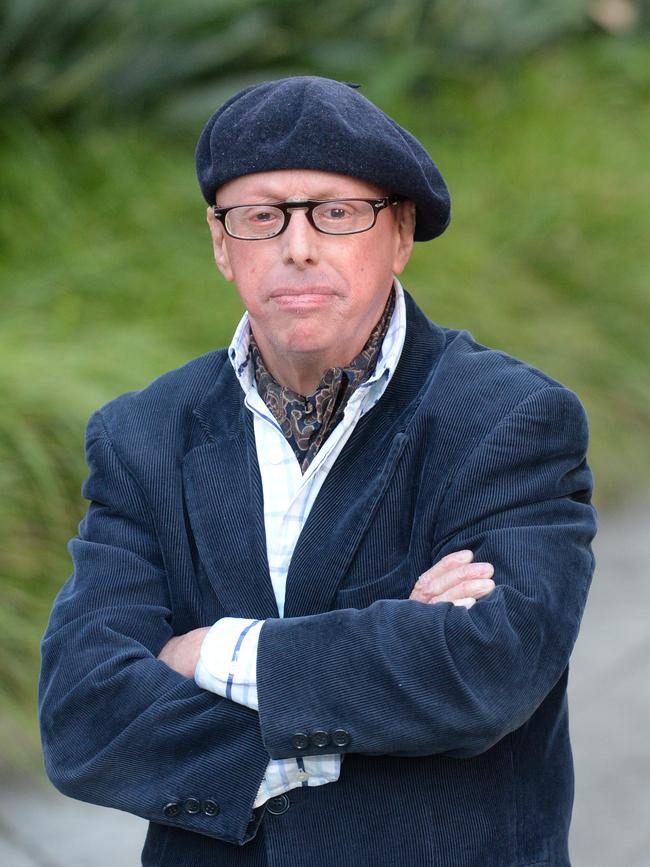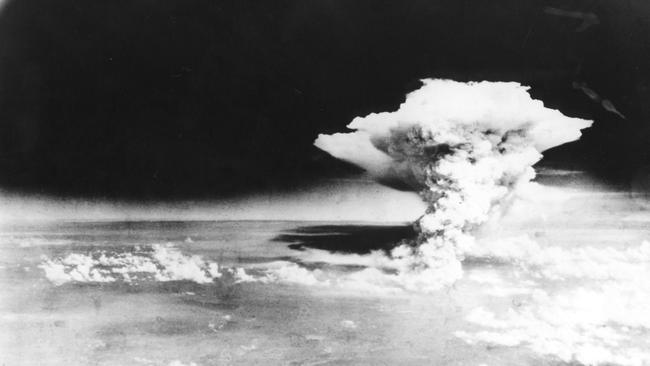Darebin Council nuclear weapons ‘ban’ audit reveals $12m invested in funds with nuclear industry links
Darebin Council could cop huge financial penalties if it goes ahead with its “nuclear weapons ban” later this year.

North
Don't miss out on the headlines from North. Followed categories will be added to My News.
Darebin Council could cop huge financial penalties if its elected members go ahead with a nuclear weapons “ban” later this year.
At a late-night meeting on Monday, the councillors unanimously voted to have staff prepare a report detailing the financial costs involved in pulling the $12 million it has invested in term deposits with links to the nuclear weapons industry.
The investment funds are run by institutions including the Bank of China, Royal Bank of Canada, Macquarie Bank and AMP Bank.
Councillors will later this year consider whether to pull the council’s money out of the investments.
Typically, investors who withdraw money from a term deposit before the end of a fixed period forego any interest their money accrued.
Some funds also charge an additional penalty for withdrawing money.
Mayor Lina Messina gave the councillors a hearty “congratulations” after they voted unanimously in favour of a motion to push forward with the nuclear weapons “ban”, which also included a change to a council investment policy to state “wherever practical, council preferences financial institutions and investment products that do not directly or indirectly fund any activities in the arms industry”.


An audit of council’s investments found it had nearly half its money sitting in funds which hold shares in companies that are linked to the nuclear industry.
A report by council staff criticised six of the council’s investment funds for failing to be “transparent enough with their disclosure of their investments with organisations that are associated with the production of nuclear weapons”.
Councillor Gaetano Greco, who has led the push for the nuclear weapons “ban”, praised his fellow councillors for their “trailblazing leadership” to boycott nuclear weapons.
Councillor Tom Hannan said of the plan to pull the council’s money out of the nuclear industry: “we are serious about this and we want this to happen”.
Councillor Tim Laurence said: “I think it is something that our residents care about”.
The wording of changes to council’s investment policies does not amount to a “ban” on investing in nuclear weapons, only a preference not to.

Council staff have warned moving money into other funds could lead to lower returns.
The council’s preferred superannuation fund also held shares in three “nuclear weapons companies” Raytheon, Thales and Safran.
The council is expected to embark on an “advocacy campaign” to lobby other Australian councils to have the super fund sell its shares in those three companies.
Independent councillor Gaetano Greco, who pushed for the “ban” last year said his reason for doing so was his visits to Hiroshima.
“I have visited Hiroshima on two occasions, visited the museum there, and it’s one of the most moving museums I have ever seen, and not only the old museum, but the more newer museum (sic),” he said.
Councillor Suzanne Newton said the ban on nuclear weapons was “really similar” to a ban on the council running Australia Day festivities.
She also said she had lived in Japan and had seen what nuclear bombs were capable of.



